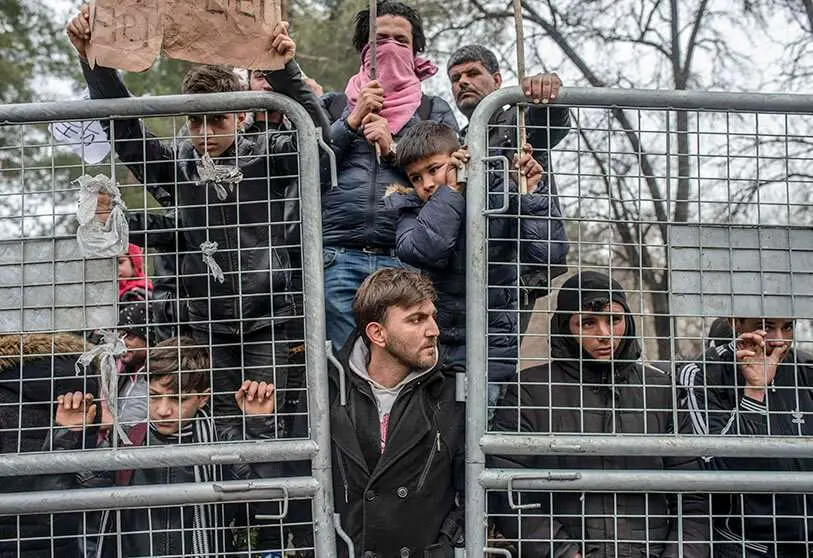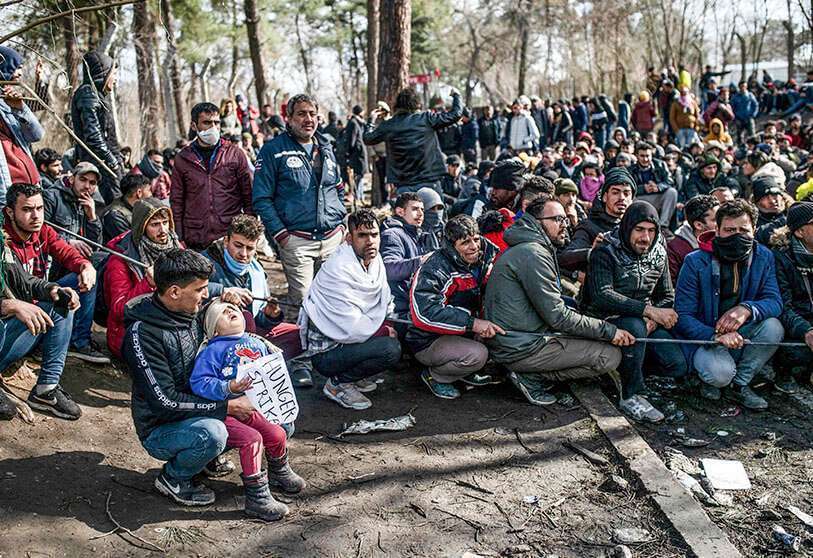European Commission decides to extend humanitarian aid to Syrian refugees until 2022

The European Union (EU) announced the extension of two humanitarian aid programmes to be sent to refugees on Turkish soil over the next two years. The European Commission took this decision following setbacks in the refugee camps due to the current COVID-19 pandemic.
Turkey is hosting almost four million refugees on its territory. Following the agreement signed between Ankara and Brussels to stem the flood of refugees arriving at European borders by 2015, European aid continues to flow to this territory which is hosting mostly people fleeing the war in Syria.
It has been decided to extend two types of aid. The first is called the Emergency Social Security Network and consists of direct financial aid to the most vulnerable refugees. Through a credit card, people will be able to access food, medicines and other necessary goods with the 120 lire per month per family member transferred by the EU. This currently amounts to a total of ?13 per person per month. A Big Mac menu costs 27.99 lire - ?3 - to place the reader, i.e. almost a quarter of the monthly allowance.

However, this aid currently reaches 1.8 million people and is the largest humanitarian outlay by the European Union.
The second aid that will be extended until 2022 is known as Conditional Cash Transfer to Education. Again, this is a cash aid provided by the Union to families with children in school. Today it reaches some 680,000 people, which is expected to increase to 700,000 in the coming year.
The United Nations Children's Fund, UNICEF, is involved in this second project with funding not only from the EU but also from the United States and Norway. This work will be carried out in conjunction with the Turkish Ministries of Education and of Family, Labour and Social Services.
In both, the management will fall to the International Federation of the Red Cross and Red Crescent, together with the participation of the Turkish Red Crescent NGO.
All these funds will come from the EU budget. And this is new because until today this aid was covered by the agreement that Turkey and the European Union signed in 2016. Thus, it is added to the 6 billion euros that the Union promised to transfer to Turkey until 2025 in the field of aid for the detention of refugees and migrants on the territory of Ankara.








